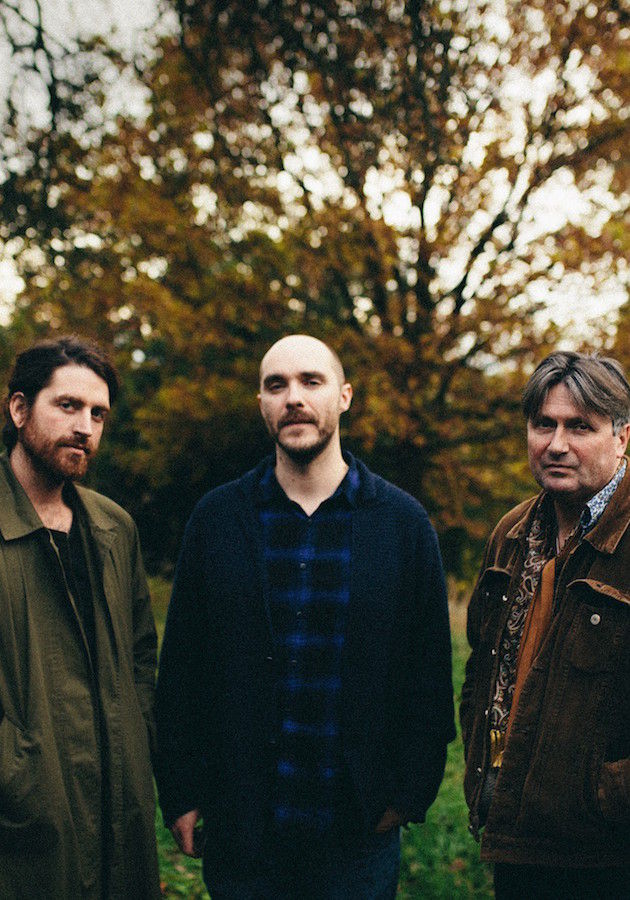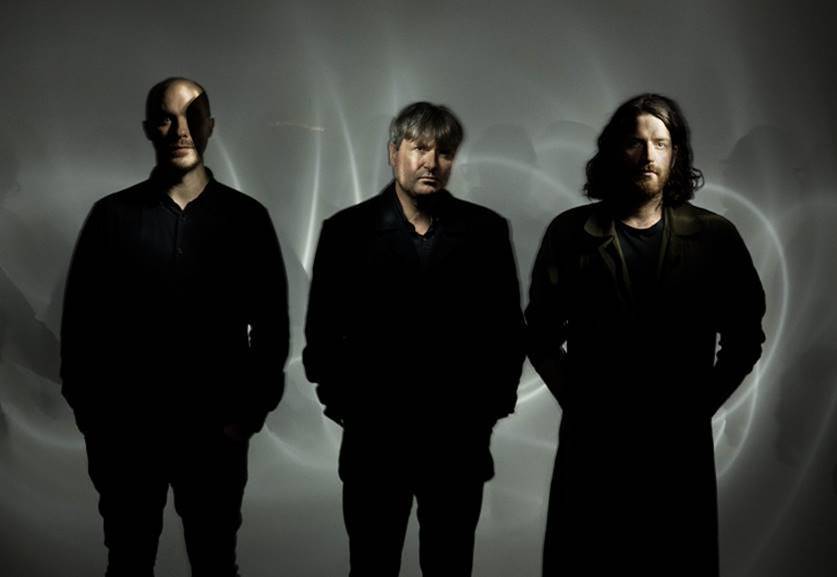Every band, artist and music project claim to be, or at the very least aspire to be unique. But how many can lay a genuine claim to that word? Well, one new band who have every right to it is LYR, who comprise the British poet laureate, Simon Armitage, musician Richard Walters and multi-instrumentalist/producer, Patrick Pearson.
They’ve done a brilliant job of rendering their music undefinable — the world-famous Armitage delivers spoken word/performance poetry over a bed of music that’s at times samples and ambience, otherwise soaring indie-rock instrumentals with an occasional chorus from Walters.
We’re right into the UK lockdown as I chat with Pearson, who is at his studio in Devon on a particularly nice summer’s day, as we look towards the release of LYR’s debut album, Call in the Crash Team.
“Richard wanted to work with Simon, so dropped him an email telling him he loved his work,” Pearson says. “And then they did a single together. Then he asked me to come in and be the producer, which lead to us forming the band. And then we made the album, which has been a really exciting process.”
Besides teaching at the universities of Oxford, Leeds and Sheffield, the Huddersfield-born Armitage was appointed poet laureate for 10 years from 2019, following Carol Ann Duffy. He’s no stranger to music, though, as a stint in the band The Scaremongers and his occasional DJing show. Which makes sense, given that his LYR performances blend so perfectly with the music.
Pearson, an accomplished producer and musician in his own right, gives us a peak behind the curtain of LYR’s creative process.
“It’s a really interesting thing to be presented with,” he says. “Richard and I came up with an idea of sending a dictaphone to Simon, and getting him to put his words down onto that. We were all busy, but we also wanted to test the water with this project. And it took about a year for it come back! But it was full of poetry, sounds, instruments that he’d found —- it was about 15 tracks, one of which was just Simon laughing uncontrollably. It felt like an exciting relic or gemstone to unfold, this well-renowned poet with an insight into how he wanted the project to go.


